From the English department to creating games and interactive fiction, King’s PhD graduate Greg Buchanan recalls his path from academia to creative writing.
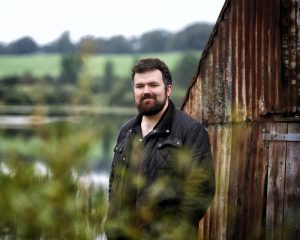
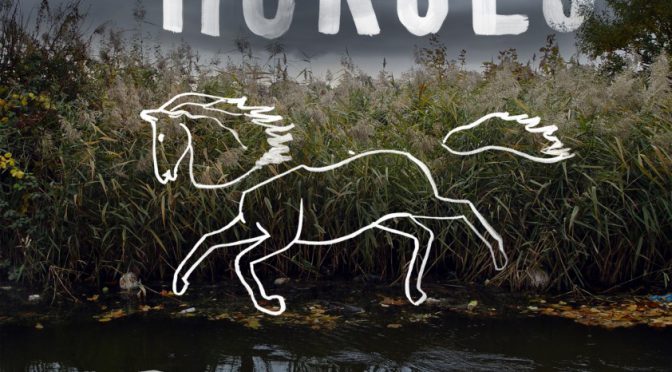
From the English department to creating games and interactive fiction, King’s PhD graduate Greg Buchanan recalls his path from academia to creative writing.

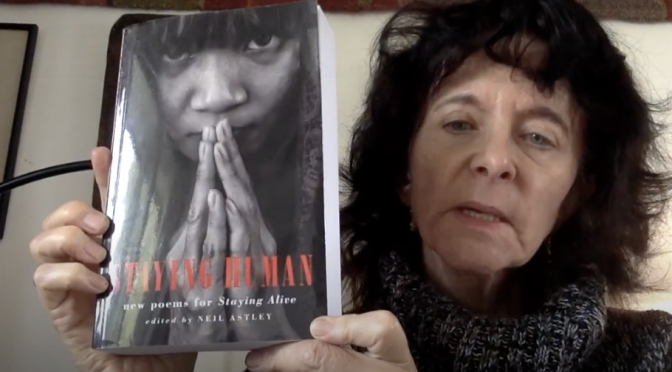
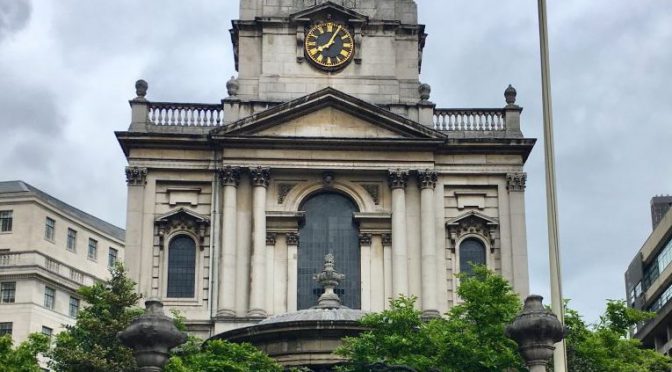
By Fran Allfrey, Strandlines assistant editor, English Dept alumna and Teaching Assistant
Strandlines is a life-writing and community history project, which takes the form of a website and linked Facebook, Twitter, and Instagram accounts. The project was set up by Professor Clare Brant, with a board of editors made up of colleagues inside and beyond King’s. I joined as Assistant Editor in spring 2019. With the new term just starting, Clare and I thought now was a good time to reflect on where Strandlines has been, and where it may go next!
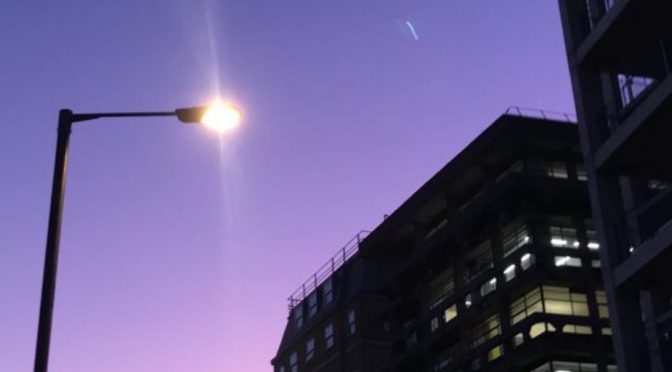
by Sarah Mir
Sarah is a 21-year-old soon-to-be English Literature graduate from King’s College London who has an avid interest in writing/editorial work.
A common epithet to describe the coronavirus has been “the invisible enemy”. Not only does the use of the chosen adjective, ‘invisible’, hint at the nature of a biological threat, but it also perpetuates an understanding of the virus as an abstraction, this other-worldly description questions its reality.
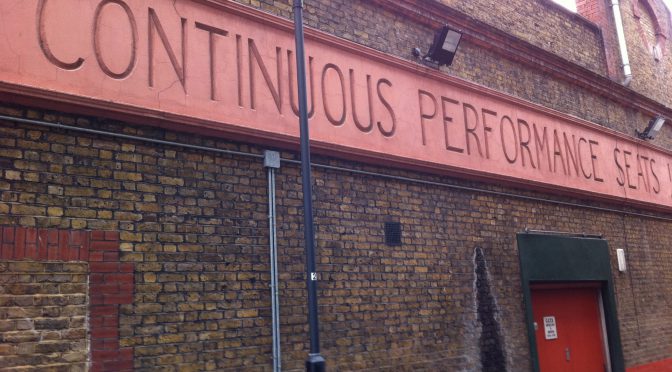
by Professor Alan Read
In the 1980s Alan was director of Rotherhithe Theatre Workshop, a neighbourhood theatre based in the Docklands area of South East London, in the 1990s he worked as a freelance writer in Barcelona and was Director of Talks at the Institute of Contemporary Arts in London, and from 1997-2006 he was Professor of Theatre at Roehampton University where he directed a five year AHRC research funded programme on performance, architecture and location exploring theatre and public ceremonial in rational housing blocks and council estates.
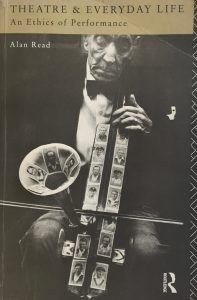
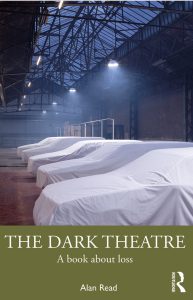
The Dark Theatre was written as a critical response to my first book Theatre & Everyday Life (Routledge, 1993). This book mimicks the ambitions and two-part structure of that earlier work but takes stock of the intervening quarter-century turn towards financialization and precarity in Western Europe, exploring a ‘general economy of performance’ by way of response to these capitalized conditions. The Dark Theatre is not an updating of the source work but instead engages with questions of community, ecology, and what I call ‘cultural cruelty’ as evidenced in practices ranging from theatrical acts to legal processes.